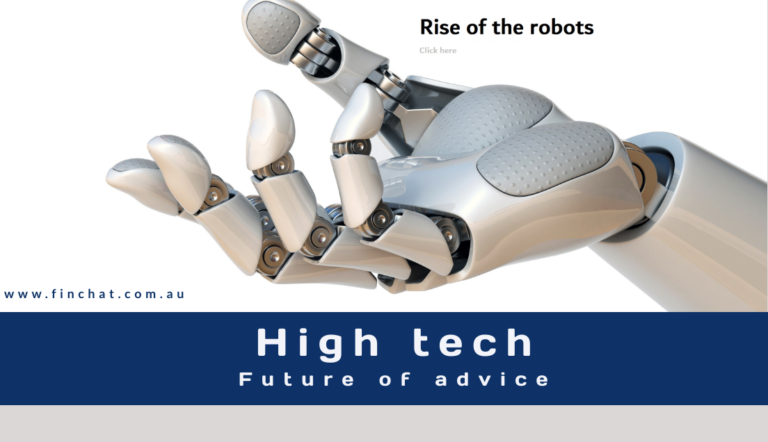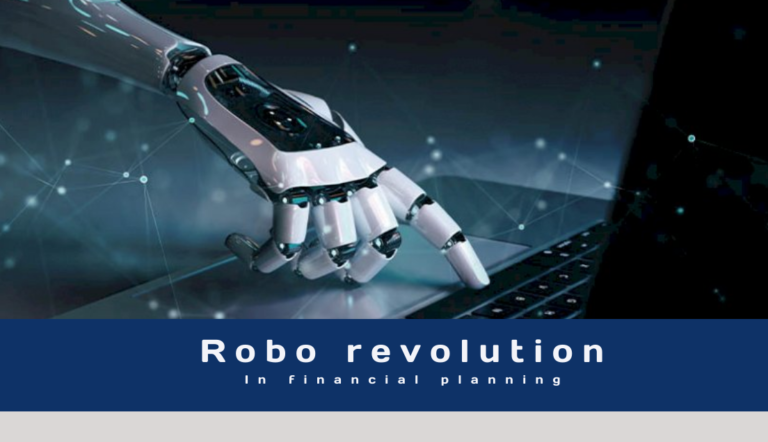Will chatGPT eat your lunch?
According to Reuters, as of Feb 1, ChatGPT (the new AI robot on the block), reached 100 million monthly active users in two months after launch, making it the fastest-growing consumer application in history. It has passed law exams in four courses at the University of Minnesota and another exam at the University of Pennsylvania’s Wharton School of Business. It can also generate art and code and does all of this in a very pleasant and engaging interaction.
Is it smart enough to take your job or replace a service you provide?
Probably not just yet.
Firstly, it only knows stuff up to 2021. Anything after that is unknown so it cannot use the latest rates.
Secondly it can get things wrong. It may have passed the exams but didn’t do that well, attaining a C+ average. It must have got a lot of stuff wrong.
Thirdly, to get the best out of ChatGPT you need to ask the right questions and this often requires industry knowledge and expertise.
By the end of this year search engines (Bing, Google etc) will probably incorporate this new technology. Someone typing (say) “employer contributions” will get an explanation and be able to test an example in the search engine’s dialogue box. Why follow any of the links provided?
This means all financial services sites explaining employer contributions will see a dramatic drop in traffic. This will affect their ability to “up sell” and convert visitors. Taken to its logical conclusion, most websites may vanish and be replaced with a “Yellow Pages” service directory.
Accuracy will improve with newer versions and the technology will increasingly accommodate people who have no expertise but the nagging question will remain – can I rely on the information?
This is where hybrid models will come into their own with human “experts” supplying confirmation and validation. New business models will emerge with this simple focus, charging a subscription fee for access to a human.





